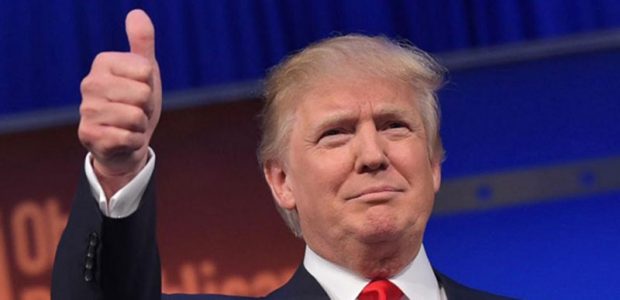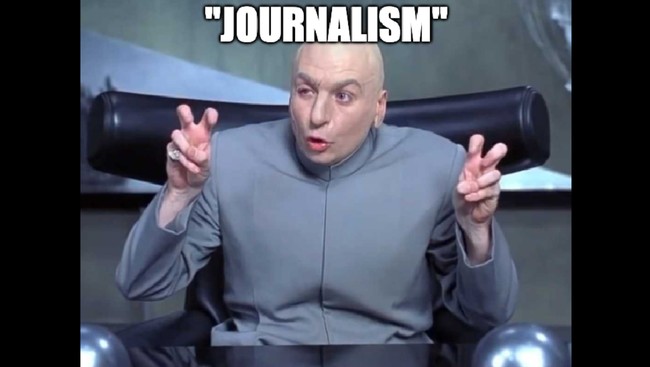ARTICLE AD BOX
LONDON — The British aristocracy has always seen talking about money as a little bit grubby. But the scandalized Prince Andrew is forcing the issue front and center.
King Charles’ transgressive younger brother is facing torrid headlines over his friendship with pedophile Jeffrey Epstein.
And the revelation in The Times this week that he appears to be living rent-free in a vast lodge is prompting a barrage of wider questions about the way Britain’s royals are funded.
In the House of Commons Wednesday, Britain’s center-left Prime Minister Keir Starmer did nothing to tamp down opposition calls for an inquiry into whether taxpayer interests are being protected when it comes to Andrew, who stepped back from Royal duties in 2019 and gave up key titles just last week.
“It is important, in relation to all Crown properties, that there is proper scrutiny,” Starmer said.
On Thursday, Geoffrey Clifton-Brown, chair of the House of Commons Public Accounts Committee — parliament’s public spending watchdog — said he would be requesting more information on Andrew’s Royal Lodge agreement.
The scandal has sent questions about royal finances rocketing up the U.K. political agenda, just months before a scheduled review of a key part of the arrangement, known as the Sovereign Grant, kicks off.
Andrew’s living arrangements are part of “much, much wider problem” with a system of royal finances, which is still mired in secrecy, said Margaret Hodge, the U.K. government’s anti-corruption czar.
Paying for the privilege
How the U.K. government covers the cost of the monarchy — expenses like royal engagements, staffing costs and the upkeep of grand residences such as Buckingham Palace — has long been a subject of debate.
The current system — known the Sovereign Grant — was brought in by then-Prime Minister David Cameron in 2012. It links public funding of the monarch to the profits of the Crown Estate.
The Crown Estate is essentially a portfolio of assets that was owned and managed by monarchs pre-1760 and is now run as a business whose revenue is returned to the U.K. Treasury. It generates significant revenue, which has been bolstered in recent years by lucrative wind farm deals with developers.
In the wake of the Andrew revelations, Clifton-Brown said his committee would decide next year whether to “undertake any work” on the Crown Estate accounts.
 King Charles’ transgressive younger brother is facing torrid headlines over his friendship with pedophile Jeffrey Epstein. | Eric Reid/EPA
King Charles’ transgressive younger brother is facing torrid headlines over his friendship with pedophile Jeffrey Epstein. | Eric Reid/EPACharles and Prince William also receive an income from two vast inherited estates — the Duchy of Lancaster and Duchy of Cornwall respectively. This money, according to their own websites, is used to support themselves and their families, and their philanthropic work.
They also have their own investments and inherited wealth — which include private residences in Balmoral, Scotland, and in Sandringham, Norfolk.
Charles and William are not legally liable for income tax, capital gains tax or inheritance tax. But they pay certain taxes voluntarily under an agreement the late Queen Elizabeth II made with the Treasury. As part of this agreement, the government agrees not to publish any information about their tax bill.
Because some assets, such as the official residences, the Royal Archives, the Royal Collection of paintings and other works of art are not sold to provide income or capital for the personal use of the king, and pass from one sovereign to the next, it would be inappropriate for inheritance tax to be paid on them, the agreement argues.
A former senior official involved in past decisions about royal finances said this system had been designed to ensure the British monarchy, which still has public support, is “not placed in a position of subservience” to the government of the day. It is also meant to allow the royals the “same principle of confidentiality” as other British citizens.
But that same former official, granted anonymity to speak candidly, warned there was a “quid pro quo” to that.
“The public will acquiesce in these arrangements if it is seen that the members of the royal family conduct themselves in a way that is, although privileged, not extravagant, and not flagrant. Things break down if there are members of the royal family who aren’t keeping that side of the bargain,” the former official added.
Senior royals are acutely conscious of the sensitivities around the way they’re funded. William is reported to be mindful of the cost of the monarchy and will assess the “footprint” of the institution, The Times reported in June.
But Hodge, an ex-public accounts committee chair who has long probed royal finances, believes the system needs much wider reform.
She said the Royal Lodge deal for Andrew looked “rotten.” This matters to the taxpayer, she argued.
Financial reports on both Duchies are published, but they remain private estates and Hodge believes this makes for “muddy territory.”
“In my view, they are public [funds] because they were given by the state to the royal family for the purpose of sustaining themselves,” she said of the arrangement. “I think we need transparency.”
.png)
 12 hours ago
1
12 hours ago
1








 English (US)
English (US)